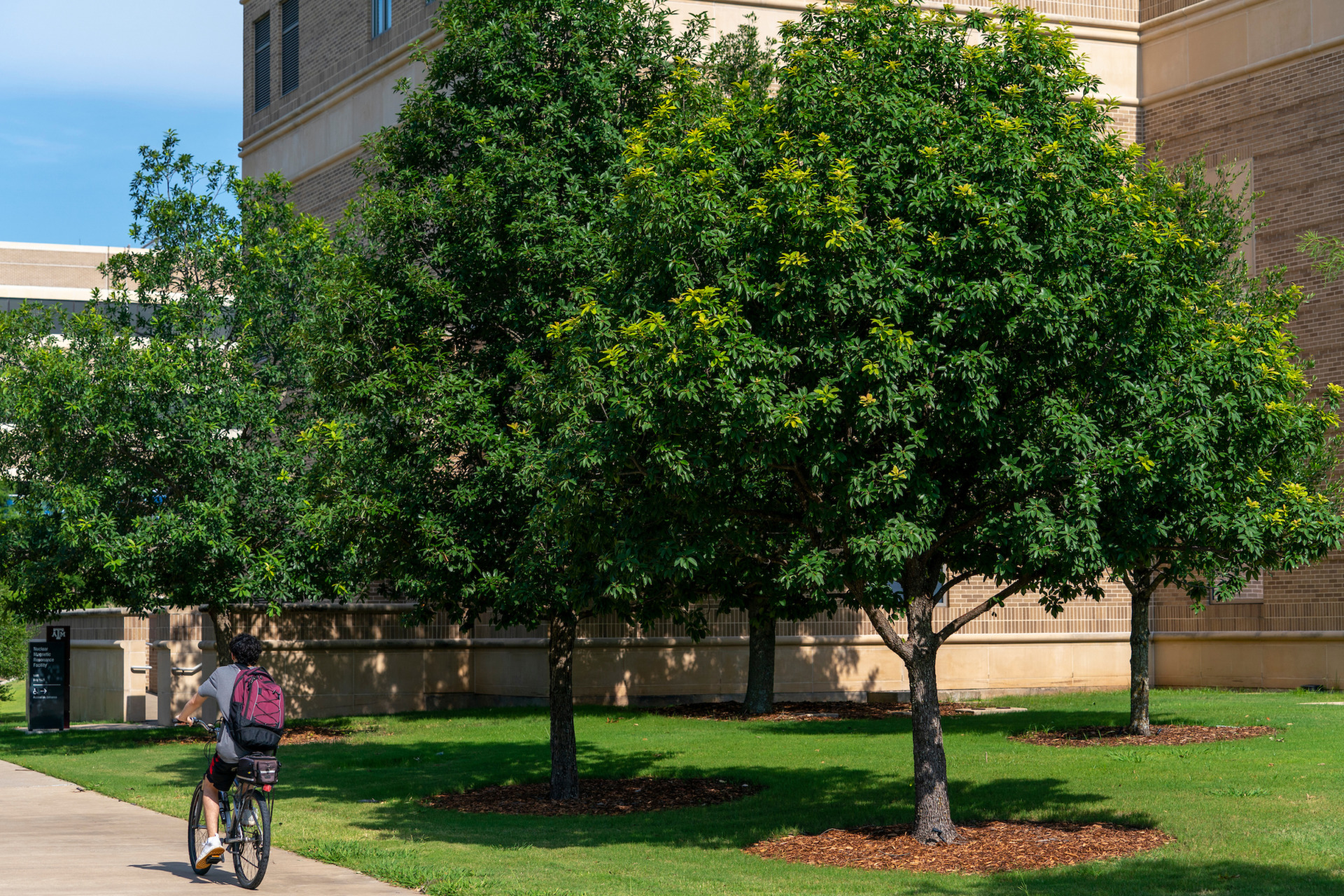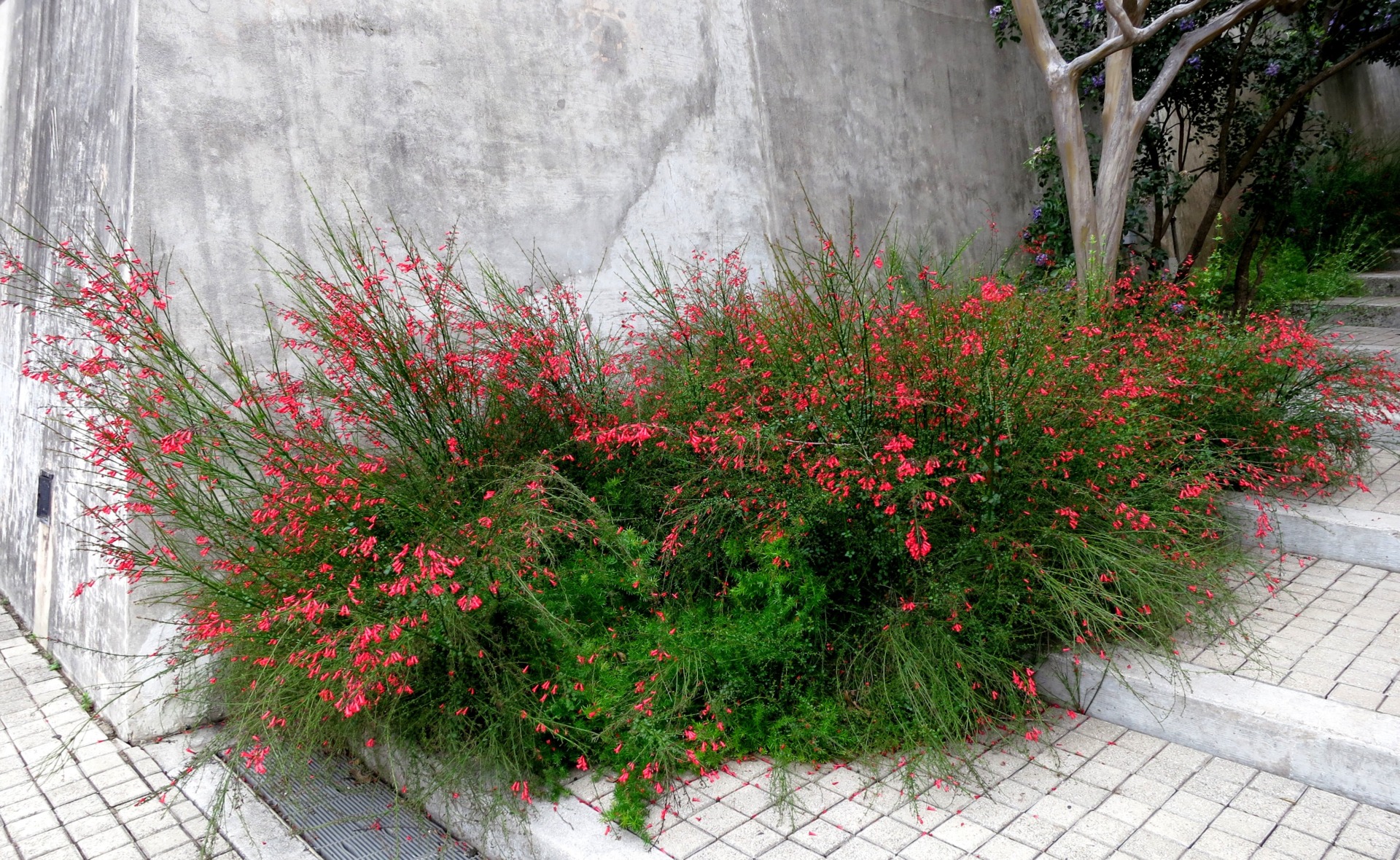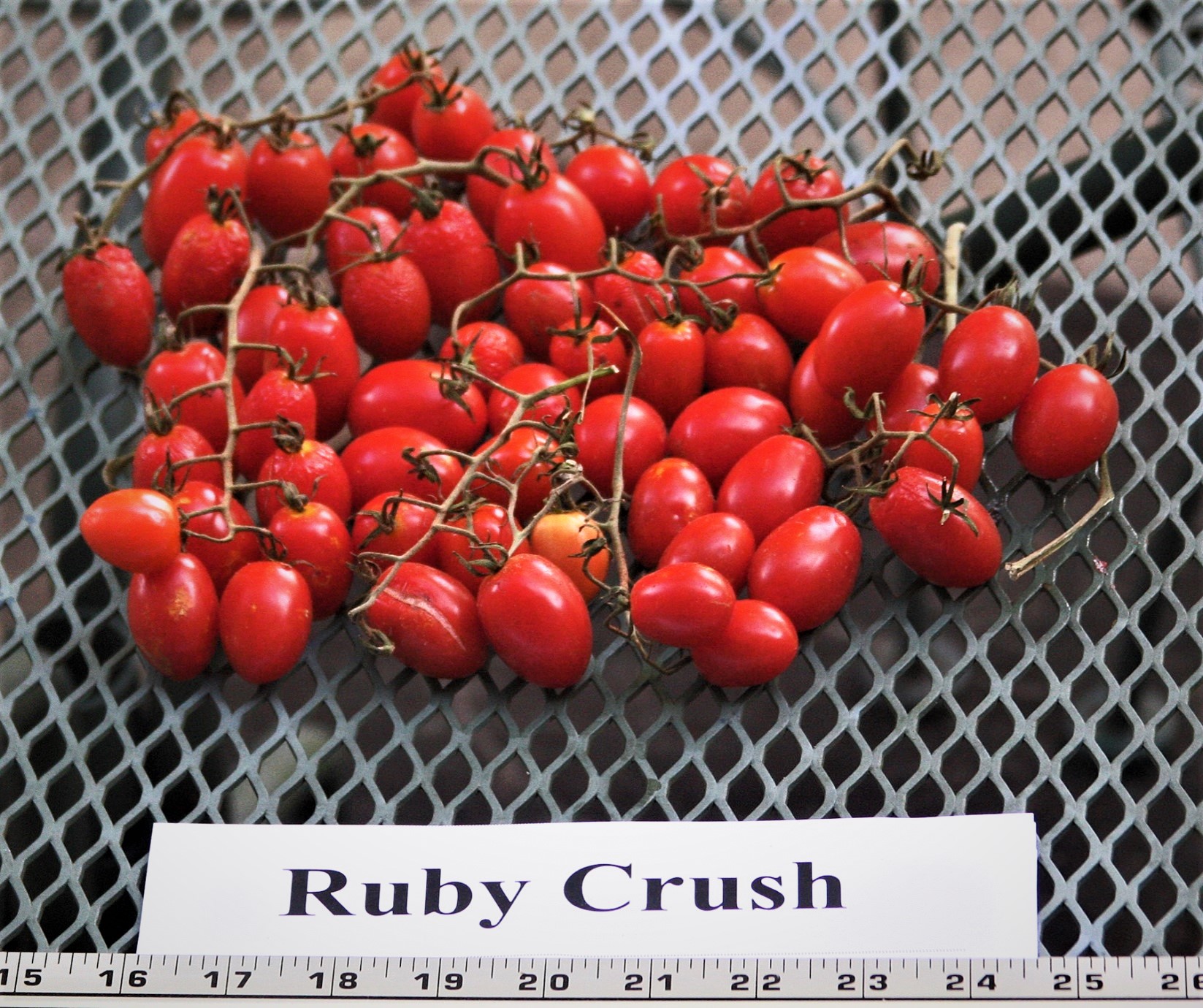Rock rose ornamental named newest Texas Superstar
Native Texas plant good for variety of ornamental uses
Rock rose, a native ornamental plant long recognized for its resilience and showy blooms, has been recognized as the latest Texas Superstar plant, according to a Texas A&M AgriLife Research expert.
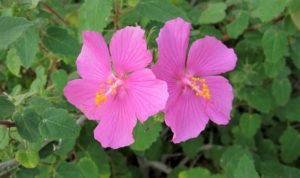
Also known as rockrose, las rosas de San Juan, pavonia mallow, rose mallow, rose pavonia, Texas mallow, Texas pavonia or Wright pavonia, these plants tolerate heat, drought and sun, and keep on blooming through the season.
This showy Texas native species functions as a small shrub in U.S. Department of Agriculture hardiness zones 9-13 and as a woody subshrub or herbaceous perennial in zones 8 and 7. It grows as far north as Lubbock and can be grown as a summer annual or container plant in colder climates.
“Rock rose is native to the Hill Country and have shown themselves to be tough as nails in all soils around the state,” said Mike Arnold, Ph.D., AgriLife Research horticulturist, Bryan-College Station. “Once established, they will bloom throughout the season to the first frost.”
To be designated a Texas Superstar, a plant must perform well for growers throughout the state. Texas Superstars must also be easy to propagate, ensuring the plants are widely available and reasonably priced.
Get to know the rock rose
Rock rose is related to native hibiscus species and produces small, 2-inch diameter pink flowers, Arnold said. Flowers occur from spring to frost as long as good growing conditions are maintained. Rock rose also supports many of the same pollinators that visit its hibiscus relatives.
Plant foliage is a full medium- to dark-green covered in velvety whitish pubescence, giving the leaves a frosted appearance. Plant sizes are site responsive, and they form irregularly rounded canopies 2-4 feet tall with equal or greater spread in open areas. Sizes are typically smaller in light, drier soils and larger in fertile garden soils.
Rock rose prefers full sun to light shade, Arnold said. Shady locations tend to reduce flower production and canopy density and encourage powdery mildew on the foliage. Plants seldom have serious issues with pests or disease as long as growing conditions are favorable.
Plants should be placed in well-drained soils but are well adapted to a range of soil pH levels, Arnold said. They are better adapted to high pH soils than most species and can persist in low- to-moderate fertility soils but respond favorably to good fertility.
They also respond well when pruned back to 6-8 inches before they begin actively growing each season, Arnold said.
“Rock rose is a great low-maintenance option for most any location,” he said. “A little fertilizer might encourage a denser canopy and increased flowering, but it performs well in a wide range of conditions that most any homeowner could throw at it.”
Best uses for the rock rose
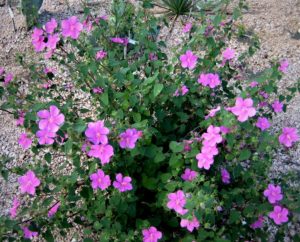
Rock rose has shown superior performance in xeriscapes, rock gardens and informal perennial or mixed border beds. This is a good selection for naturalizing and use in transitional plantings that link the cultivated garden with the surrounding wildscapes, Arnold said.
Rock rose can be used as a small-facer, foundation shrub or informal hedging plant in warmer regions of the state. They are perfect for lending a Lone Star State feel to landscapes, Arnold said.
Arnold said the plant’s only drawback is the lack of color variety.
“It’s kind of like the old Model T car that only comes in black,” he said. “You can have any color with the rock rose, as long as you want pink. There are plant breeders who are working on new color variances, but those hybrids are not widely available or tested yet.”
Rock rose is very heat and drought tolerant once established. Arnold said he has rock rose planted in beds along the road that receive no irrigation and that they persist on precipitation alone and have shown great resilience in drier years.
“They really are a Texas Superstar because of the fact that they’re a native plant and just have a look that fits in most situations and locations around the state,” he said. “They’re so familiar that I think we’ve actually overlooked them for some time, but we’re adding them to the list because they are absolutely worthy of the designation.”
Texas Superstar is a registered trademark owned by AgriLife Research, a state agency that is part of the Texas A&M University System. Plants are designated Texas Superstars by the Texas Superstar executive board, which is made up of nine horticulturalists from AgriLife Research, the Texas A&M AgriLife Extension Service and Texas Tech University.

